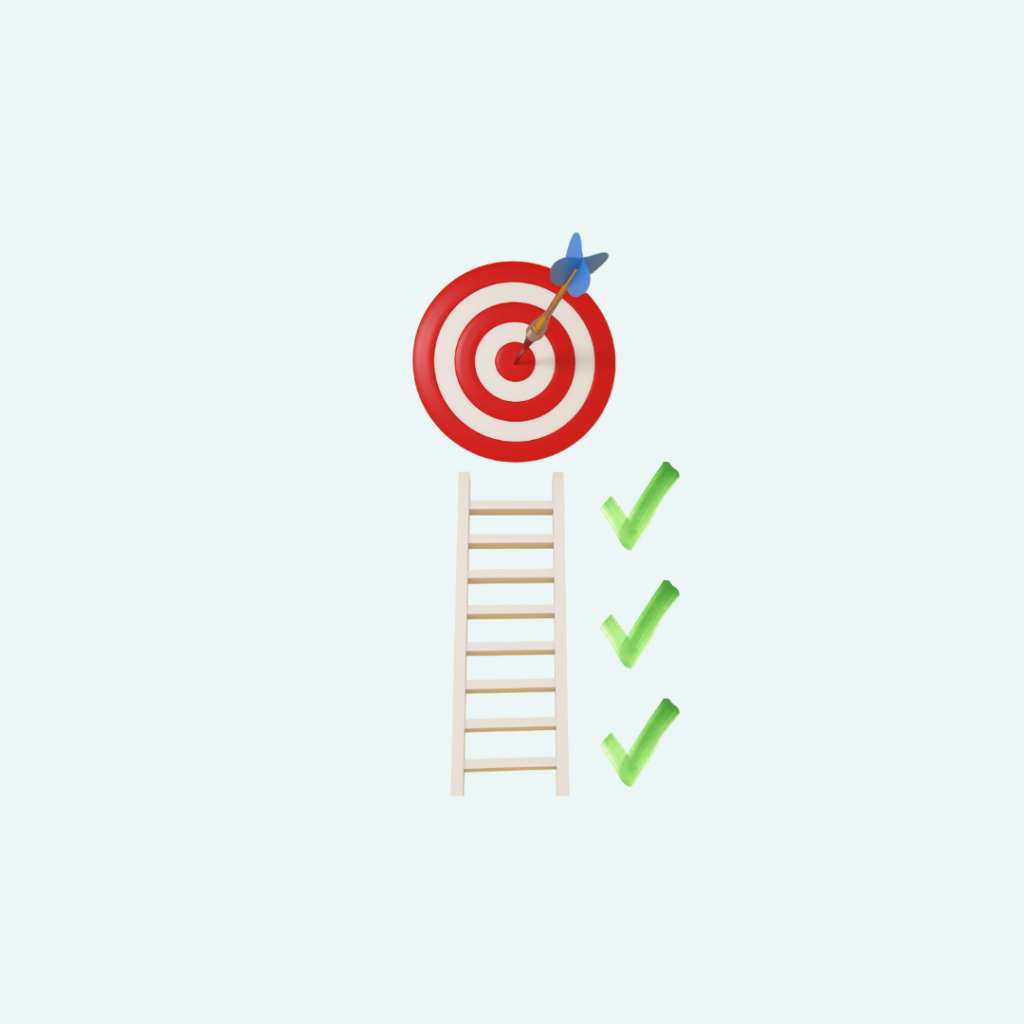Requesting party and partner(S):
The Association of Exporters of Agricultural Products of Suriname (VEAPS)
Project number : 201175

Requesting party and partner(S):
The Association of Exporters of Agricultural Products of Suriname (VEAPS)
COLEACP is a non profit inter-professional association established in 1973 whose main purpose is to support the development of sustainable and competitive agriculture and agribusiness in the African, Caribbean and Pacific Group of States (ACP). It is both a network and a technical assistance tool for the sustainable and inclusive development of the private sector, targeting small and medium enterprises (SMEs). Its activities are based around expertise and an active training system operational in 50 countries. Since its inception, COLEACP has been managing development projects in the ACP agricultural and food industries financed by international donors (mainly the European Union (EU)).
One of COLEACP’s development projects is providing support to The Association of Exporters of Agricultural Products of Suriname (in Dutch: Vereniging van Exporteurs van Agrarische Producten Suriname (VEAPS)). This is a professional association representing 12 members which are farmers and exporters based in Suriname. The organization was created in 2006 and during the first years of its existence functioned in an informal way. In 2012 it became more structured and formalized.
Currently, the member export companies of VEAPS often lack an efficient Quality Management System (QMS) to ensure all the actors involved at production level and in post-handling activities are applying the adequate sanitary and phytosanitary practices.
An example of this challenge is the member’s struggle with high pesticide residue levels on Surinamese vegetables, which is a recurrent setback for access to EU market, as well as the frequent plant health interceptions for harmful organisms.
Developing and implementing Quality Management Systems according to EU standards will only be profitable for the members when the income received from a maintained or even increased market share will exceed the initial investment and running costs of the food safety management system, which requires for the companies to invest in the hiring of middle management technical staff to train the farmers and staff and monitor compliance, either on individual company level or jointly.

Juli 2021 – September 2021
